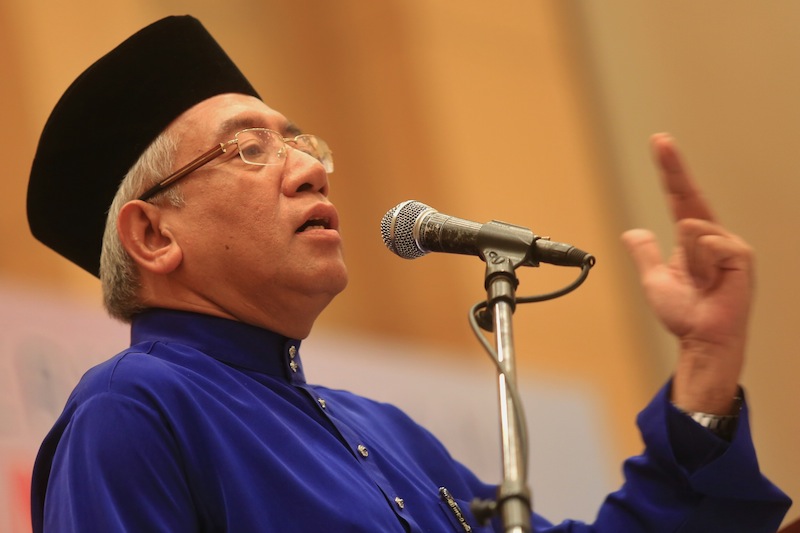KUALA LUMPUR, Aug 23 — Malaysia’s development plan in education through the Malaysian Education Blueprint 2013-2025 (MEB) is in tandem with the global education agenda, says Education Deputy Director-General Datuk Seri Khairil Awang.
He said this was evident with the MEB’s two main features, namely the system aspirations and the student aspirations, which would support the implementation of the Sustainable Development Goals 4 (Education 2030).
The MEB’s system aspirations include access, quality, equity, unity and efficiency; while the student aspirations (literacy and numeracy, thinking skills, leadership skills and bilingual proficiency), are also the aspirations of Education 2030.
“Malaysia believes that in ensuring effective delivery of the Education 2030, the global agenda should not be isolated or implemented in parallel with the national education planning and monitoring evaluation system.
“The MEB 2013-2025 provides the framework for improving the performance of the education sector. The MEB was implemented three years ahead of Education 2030, (and) we found that MEB is very much in line with the targets of Education 2030,” Khairil said in his keynote address at the Education 2030 Launch and Symposium here today.
Education Minister Datuk Seri Mahdzir Khalid will launch the Education 2030 in Malaysia this evening.
Education 2030 is the main agenda in education at global level which must be achieved in the next 15 years, that is, in the year 2030.
The Education 2030 main objective is to ensure inclusive and equitable quality education and promote life-long learning opportunities for all.
Speaking on the challenges to ensure Malaysia’s education system was on par with international standards, Khairil said these included continuous efforts to provide education for hard-to-reach children such as the special education needs children, the indigenous and other minority groups.
He highlighted that about one per cent of the population was identified as having special education needs, in comparison to the estimated 10 per cent of the global estimated average.
“This shows an underestimation of the special education needs children in this country. Efforts to scale up early detection and improve collaboration with the health ministry to ensure inclusive programmes at various level of education are currently in progress,” he said.
Khairil said implementing Education 2030 into the national plans would require building a strong capacity of management and coordination in utilising data and evidence, and noted that an initiative to develop one education data management information system was currently in the pipeline under the MEB.
“It is hoped that through this initiative, data management and processing will be more efficient, which will contribute to better monitoring and evaluation processes to facilitate the education sector to make an informed decision,” he said.
Some 220 participants attended the one-day event, including senior education ministry officers, Unesco representatives, academicians, professionals and non-governmental organisations. — Bernama




















